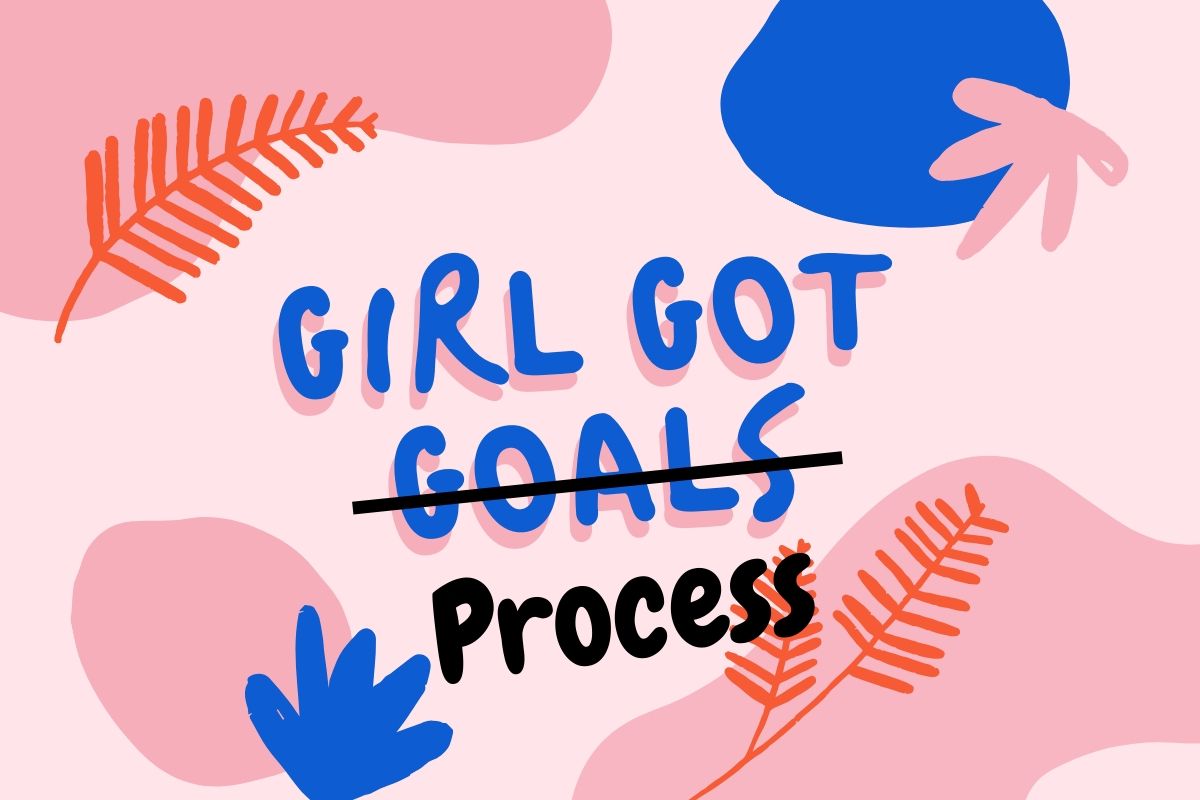
So I was listening to an interview with James Clear the other day. He writes and talks about habit formation and is the author of a very popular book on habits called Atomic Habits.
He said something in that interview that has stuck with me for days, so I thought it worthy to write about it here.
He made a distinction between Goals (what we want to achieve) and process (how we set up our days and weeks to make those goals happen).
He said that we tend to get very focused on the goals part, but neglect setting up good processes.
An example relevant to study would be spending more time worried and thinking about grades versus spending time trying to establish good study habits.
He argued that if we take care of the process part, then the goals tend to take care of themselves.
This resonates with me and reminds me of a therapy session I had many years ago.
I was lamenting to a therapist that I didn’t know what I wanted to achieve in a year, in 5 years, in 10 years. I had no goals and was spending large amounts of time worrying about what it was that I was supposed to do.
The therapist pointed out, that in the process of always worrying about the future (the outcome) I wasn’t really spending any time focusing on what I had in front of me.
He asked if I had a job. I said ‘yes’.
He asked me what it is that I did in that job. I said that ‘I do research, analyse data and write papers’.
He asked if I worked with some cool people. I said ‘yes’.
And then he invited me to abandon worrying about the future and instead focus on trying to do the job at hand as well as I could. How could I set up my days so that I was producing the best work possible? Implicit in his invitation was that if I focused on the process – being an efficient and effective worker – that the bigger outcomes that I was so worried about would take care of themselves.
I didn’t quite trust this idea at first.
But I’ve learned in the years since that he was right.
When you focus on trying to maximise how you live an individual day, or week or month, the outcomes tend to take care of themselves.
Curiously, the outcomes don’t necessarily quite work out as you think they might or even hope they might. For example, I could never have envisaged the job I currently have, yet it is my favourite job.
It is possible that our futures consist of a range of potential outcomes, many of which we would find desirable and rewarding.
Expending too much mental energy on trying to navigate in our head which outcomes we want and why, means that energy isn’t being devoted to crafting our daily lives in a way that make any of those outcomes even possible.
So what does this all mean at a practical level?
It means worrying less about the future and instead focusing your efforts on setting up your life to maximise your performance at the things that you are already doing.
What daily habits can you put in place for your physical and mental health?
What daily habits can you put in place to be better at your studies?
What daily habits can you put in place to enhance the quality of the relationships and friendships in your life?
As a shameless plug, if you are thinking about making some practical changes to enhance your wellbeing and productivity, think about popping in for one of Wellbeing and Productivity Hacks sessions. These sessions are pretty much exactly about how to incrementally enhance the way you go about life, setting you up for success.

